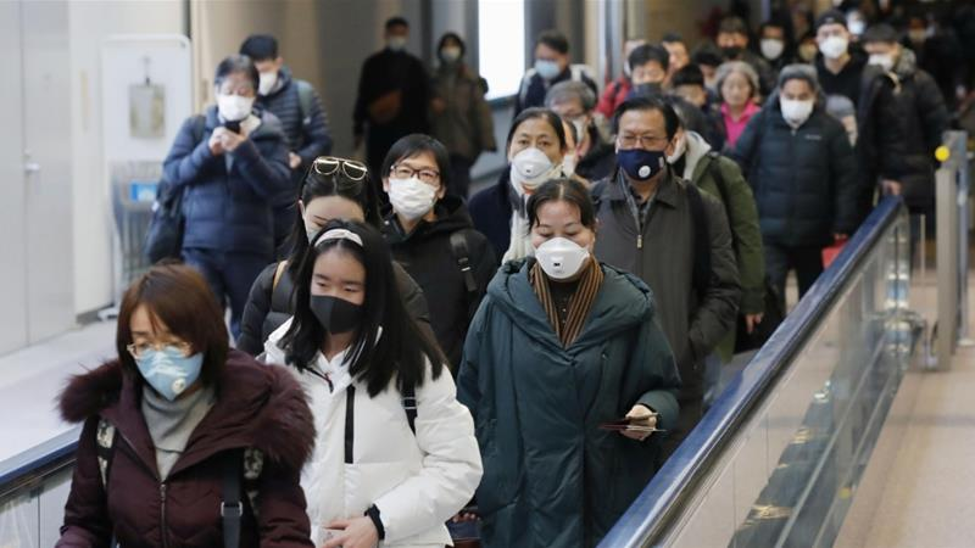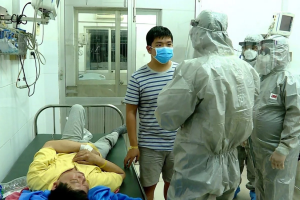


Over the past few weeks, news revolving around the Wuhan virus outbreak has raised fears among the public as there is currently no vaccine for the strain of this virus. It is also recorded that the coronavirus has killed more than 200 people around the globe. International tourism, accordingly, has been severely affected, especially in countries sharing a border with China, including Vietnam. This brings up the question of whether traveling to Vietnam during the coronavirus outbreak is a safe choice or not.
The coronavirus, also known as the Wuhan virus, was first identified in Wuhan, China, after the development of pneumonia on a Wuhan’s citizen without a clear cause and for which both existing vaccines and treatments are not effective. There is evidence for human-to-human transmission of the virus, which plays a vital role in outbreaking the diseases. In spite of seemingly harmless symptoms such as fever, coughing, and breathing difficulties, coronavirus can ultimately lead to fatality.
At the end of the first month of 2020, it has been confirmed almost 9,000 cases, including in every province of China. Since the first confirmed death from the Wuhan virus infection, 230 deaths continue to be confirmed. Most ominously, its origin and ability to spread until now are yet officially identified.
The Chinese government extraordinarily decided to close off Wuhan, cancel planes and trains leaving this city and suspend buses, subways and ferries within it. After that, at least 12 other cities located in the same province had issued travel restrictions.
On the last day of January, coronavirus is finally declared a global health emergency by the World Health Organization (WHO).
Vietnam has first declared two cases of coronavirus infection a week ago. The pair, father and son from Wuhan, were admitted to hospital in Ho Chi Minh city after suffering from pneumonia and later tested positive for coronavirus. Both were in contact with 28 others in four cities in Vietnam, but they, fortunately, have not developed any signs of an upper respiratory infection. Furthermore, on 28 January, the father has been confirmed to recuperate from coronavirus.

Officials from Vietnam’s Ministry of Health talk to the two men who tested positive for the coronavirus.
However, according to the latest update, Vietnam media confirmed that three new cases of coronavirus detected, bringing the total number of cases in Vietnam to five. Currently, two of them are being treated for the virus in the capital Hanoi, while the other is receiving treatment in Thanh Hoa Province. Most considerably, all three recently just returned from Wuhan, where the virus was first identified.
One thing that must be considered is that coronavirus weakens at temperature above 20 degrees Celsius, especially when it gets above 25 degrees Celsius with high humidity. Therefore, Vietnam, in general, and its southern areas, in detail, is not an ultimate environment for the development of coronavirus. Tourists may dispel their fears to easily get infected when traveling to Vietnam.
However, to the best of your health and safety, Vietnam is not an ideal and safe destination for your trip during the outbreak. Due to the virus’s person-to-person transmission and the current situation of the coronavirus in Vietnam, traveling to this country may put yourself at risk. It is never a wise choice when engaging yourself in a disease area.
If you have to head to Vietnam during this time, here is guidance on self-protection from coronavirus that it is highly recommended to follow.